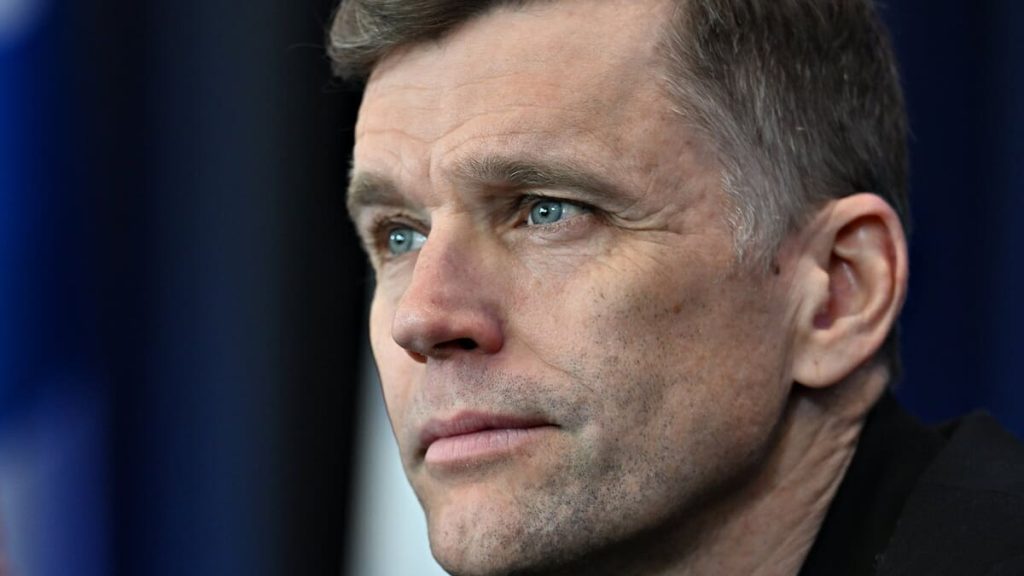
South Korea's ultra-efficient transit system is a “dream come true” for the capital's mayor, who says he hopes Quebec will achieve it in a few decades, but for that to happen, “courage” will be needed.
• Also Read: As Canada reflects, high-speed trains have transformed South Korea in 20 years
• Also Read: Unlike Montreal, the metro is constantly being expanded and improved in this “public transit paradise.”
On his Facebook page, Sunday morning, Bruno Marchand responded to the Journal's report on public transportation in South Korea and its metropolis, Seoul. South Koreans have become masters of efficiency and innovation in just a few decades.
“It's a dream,” said the Quebec mayor. “The development of their transportation system is science fiction, but it is very real. I believe we can achieve this goal in the coming decades.
bravery
The mayor, however, affirms that efforts must be made.
“That takes courage! He writes. The future is not all about cars, cars are part of it. The future is an efficient set of tools for public transport, bike sharing, car sharing, taxis, fast and affordable interregional transport, TGVs… and all the methods you can imagine. […]. The future lies in the multiplication of choices. “
The Marchand administration, and formerly Regis LaBeaume, has for years aimed at integrated mobility, which means giving consumers a variety of transportation options to choose from. While this principle has long been well established in South Korea, it is in its infancy in Quebec.
Financial benefit
Mr. According to Marchand, fluid mobility is, “an undeniable economic benefit: because it makes the city attractive to workers, but hours lost in traffic mean lost productivity. Everyone loses!”
In fact, Quebec and Korea are very different in terms of population density and land area. But the Quebec mayor says the basic principle can be applied to help people get around more efficiently. “The future lies in the multiplication of options,” he assured.
“Improved fluidity means less time wasted in traffic and therefore more time for leisure, which means more options for getting around safely and efficiently, which means less carbon that contributes to citizens' health.”

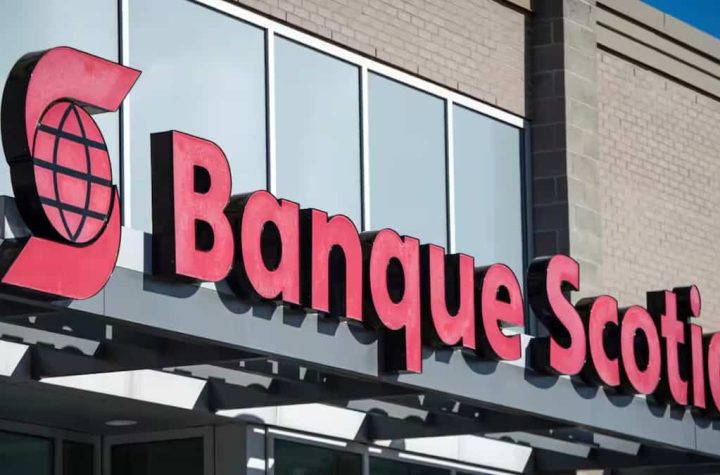
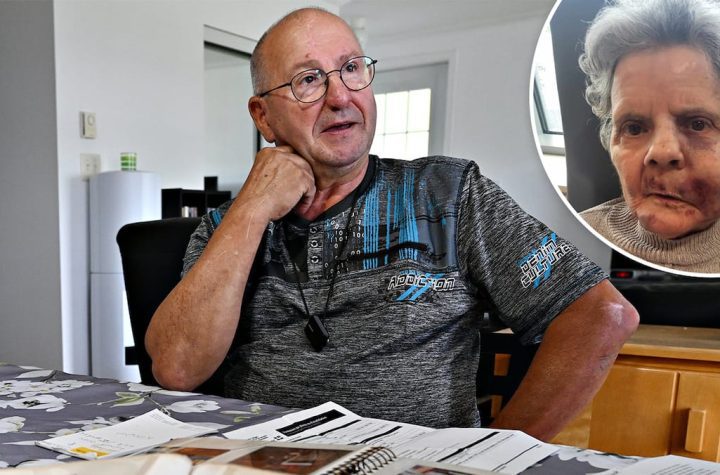
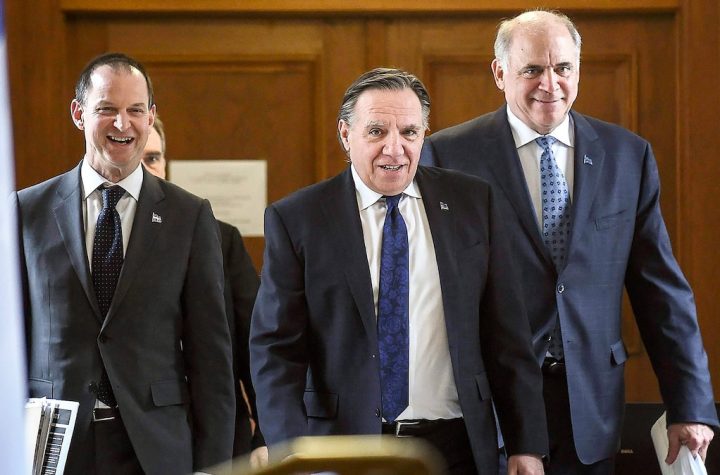
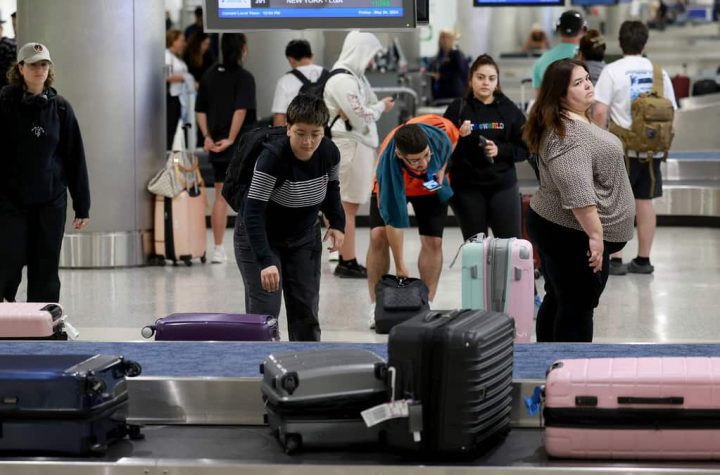
More Stories
Scotiabank customers can't get their pay: “We've fixed the problem”
His wife was badly beaten at CHSLD
Here is my response to Minister Pierre Fitzgibbon's insult about the school tax